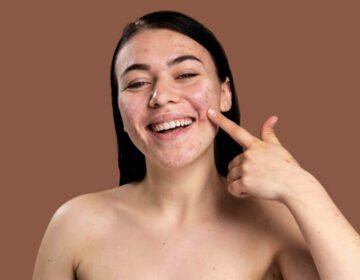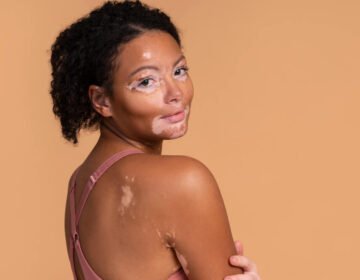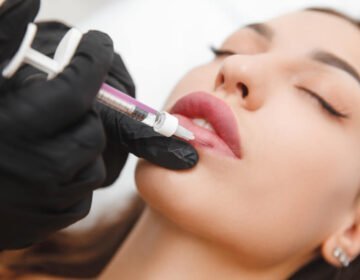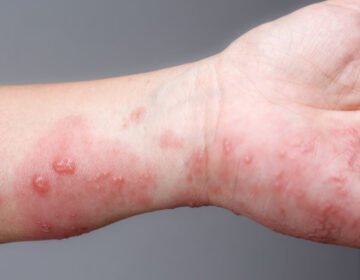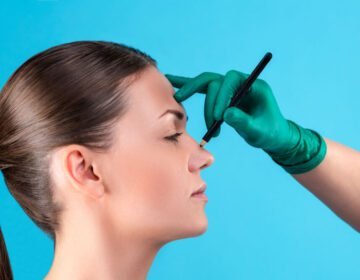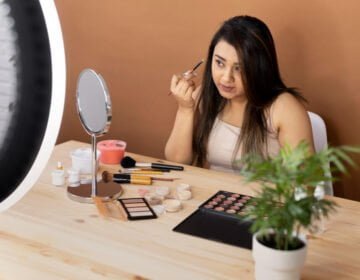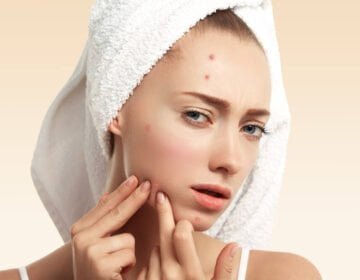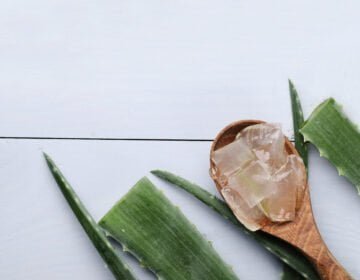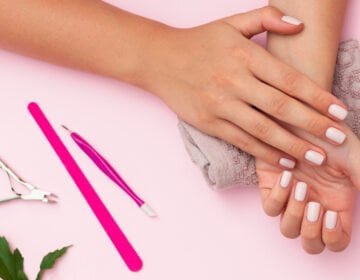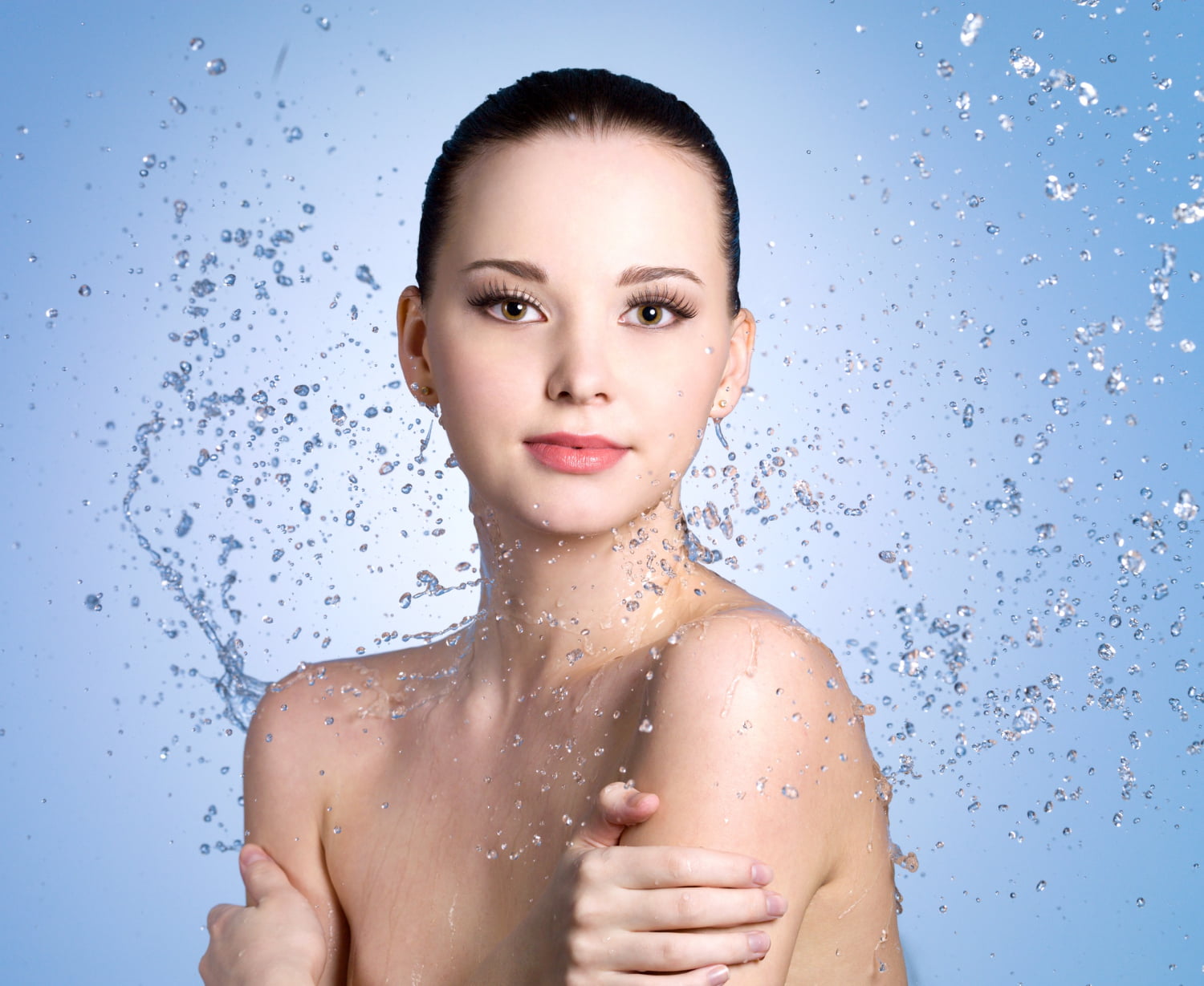
The Role of Water in Skin Hydration
Healthy and well-hydrated skin not only looks radiant but also functions well. Hydration of the skin is important for maintaining its elasticity, smoothness and overall health. Water acts as a building block for healthy skin, ensuring proper function and protection against external factors.
The science behind skin hydration
The outer layer of our skin, called the stratum corneum, acts as a barrier against moisture loss. It contains corneocytes, lipid bilayers, and natural moisturizing factors (NMFs). Water, together with lipids and NMFs, forms a protective film on the surface of the skin, preventing dehydration.
Role of water in skin function
Water is essential for a variety of skin functions, including:
- Transport of Nutrients: Water helps deliver essential nutrients to skin cells, promoting their health and vitality.
- Moisture Retention: Adequate water content in the skin keeps it hydrated, preventing dryness, flaccidity and dullness.
- Temperature regulation: Water helps maintain the temperature balance of the skin, preventing overheating or excessive dryness.
- Detoxification: Hydrated skin flushes out toxins and waste products more efficiently, contributing to a clearer complexion.
Factors affecting skin hydration
factor can affect skin hydration levels, including:
- Environmental Conditions: Exposure to extreme temperatures, low humidity, and harsh weather conditions can cause skin dehydration.
- Aging: As we age, our skin’s ability to retain moisture decreases, resulting in drier and less hydrated skin.
- Diet and hydration habits: Poor dietary choices and insufficient water intake can negatively affect skin hydration.
Skin care products: Some skin care products that contain harsh ingredients or excessive alcohol can strip the skin of its natural moisture.
How to maintain optimal skin hydration
Achieving and maintaining optimal skin hydration requires a comprehensive approach. Here are some effective strategies:
- Drink enough water: Stay hydrated from the inside by consuming enough water throughout the day.
- Use a humidifier: In dry environments, a humidifier can add moisture to the air, preventing excessive moisture loss from the skin.
- Avoid hot water: Hot water can strip the skin of its natural oils, which can cause dryness. Opt for a lukewarm shower instead.
- Moisturize regularly: Apply a suitable moisturizer to lock in moisture and create a protective barrier on the skin’s surface.
- Protect your skin: Protect your skin from harsh weather conditions and excessive sun exposure by using sunscreen and protective clothing.
Water-Based Skin Care Products: Do They Help?
Water-based skincare products can provide effective hydration for the skin. Look for products containing hyaluronic acid, glycerin, and natural humectants that attract and retain moisture. These ingredients can replenish the skin’s hydration levels, leaving it soft, supple and refreshed.
Environmental factors and skin hydration
Environmental factors such as pollution, UV radiation, and air conditioning can affect skin hydration. Protect your skin from harmful environmental influences by wearing sunscreen, using barrier creams, and having a healthy skin care routine.
Skin hydration and aging
As we get older, our skin’s capacity to retain moisture diminishes. It can cause dryness, fine lines, and wrinkles. Adequate hydration is even more important to support skin elasticity and maintain a youthful appearance. Follow a consistent skincare routine with hydrating products tailored to your skin’s needs.
How to assess your skin’s hydration level
Determining your skin’s hydration level can help you better understand its needs. Various devices and methods, such as skin moisture meters and self-assessment questionnaires, can provide insight into your skin hydration. Consult a skincare professional for personalized recommendations based on your results.
Lifestyle habits for skin hydration
In addition to skin care practices, some lifestyle habits can support skin hydration:
Reduce stress: Chronic stress can contribute to skin problems. Engage in stress management techniques like meditation, yoga, or pursuing enjoyable hobbies.
Don’t smoke: Smoking causes aging of the skin and reduces moisture. Quitting smoking can improve the overall health and hydration of your skin.
Limit excessive alcohol consumption: Excessive alcohol consumption dehydrates the body, affecting the skin’s moisture levels. Drink alcohol in moderation.
Conclusion
Water plays an important role in maintaining optimal skin hydration. By understanding the importance of water in skin function and adopting healthy hydration practices, you can achieve and maintain healthy, radiant skin. Remember to drink enough water, use appropriate skin care products, and protect your skin from environmental factors. Make skin hydration a priority, and you’ll be rewarded with a glowing complexion.



